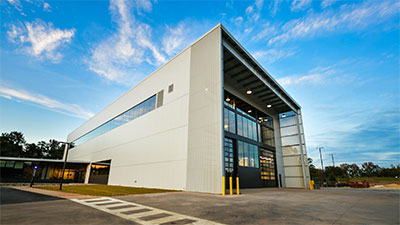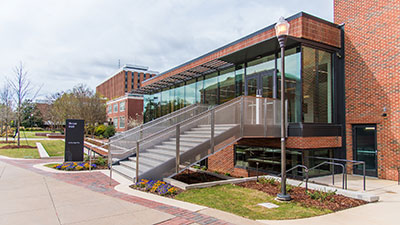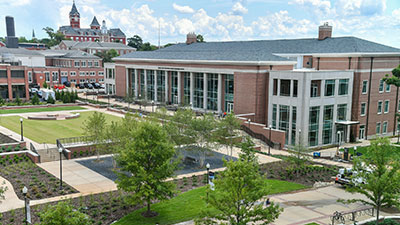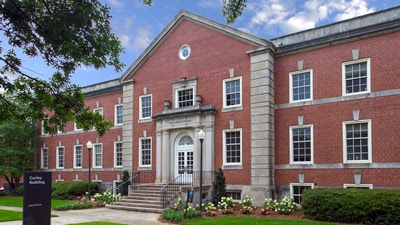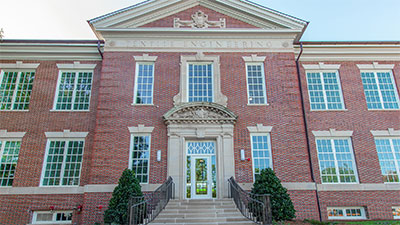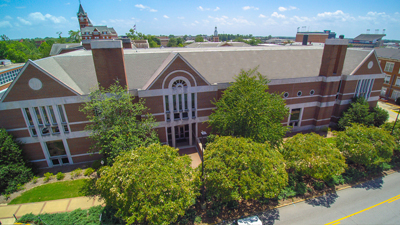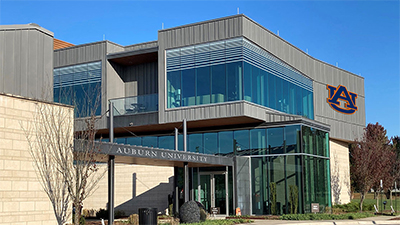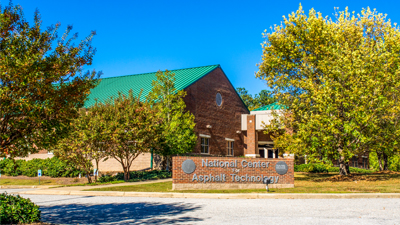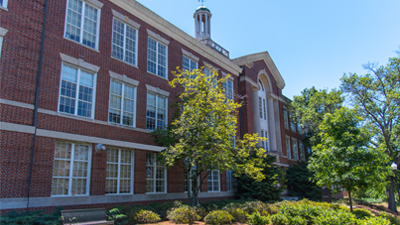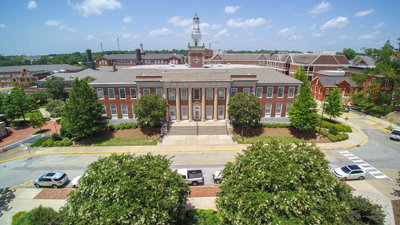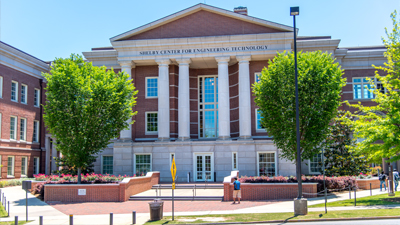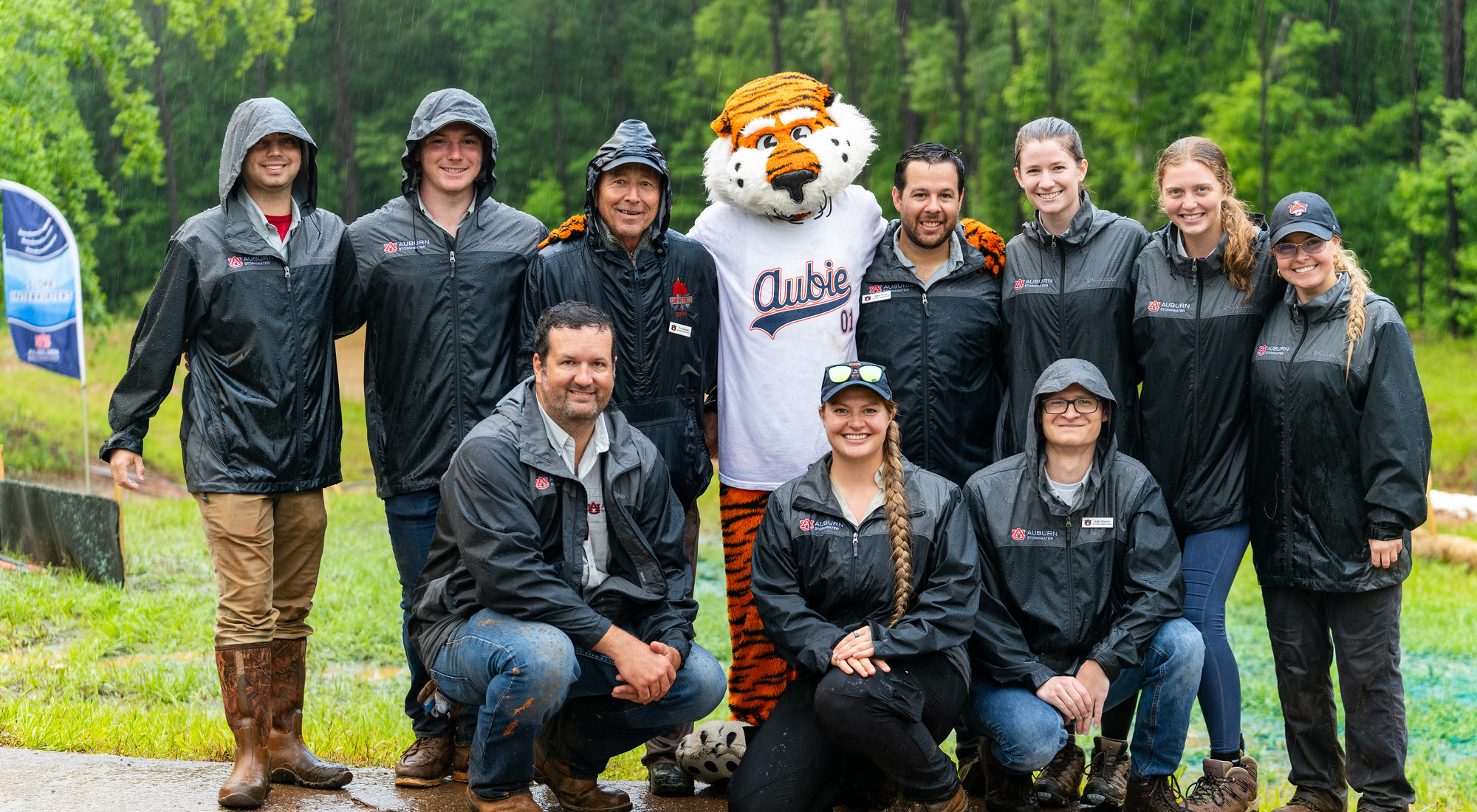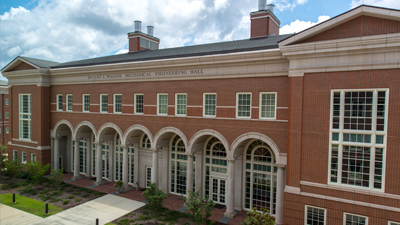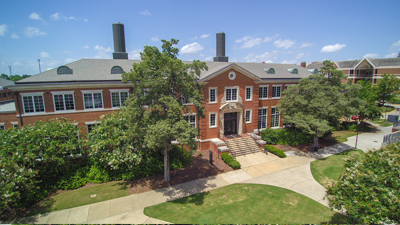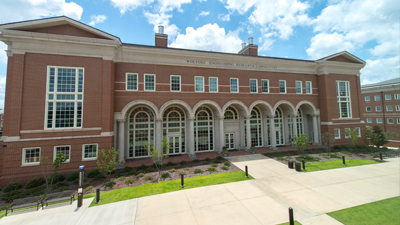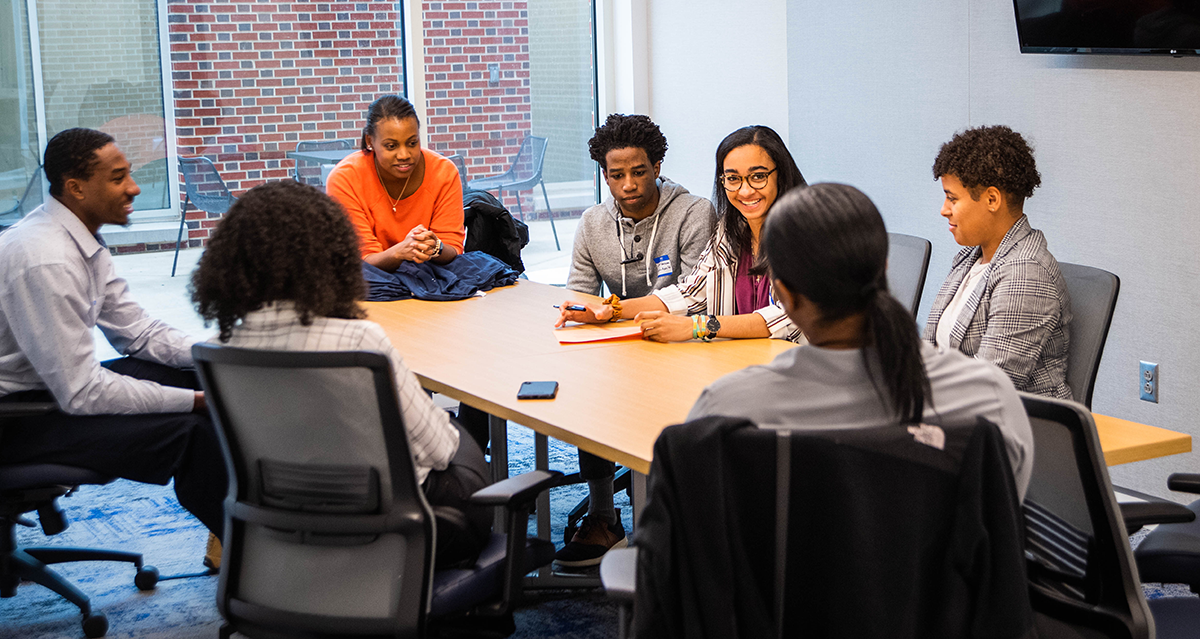Our Mission
The Samuel Ginn College of Engineering embraces its land-grant values in order to transform lives and enhance society through impactful engineering education and research. The Samuel Ginn College of Engineering will…
- Prepare our students, through high quality internationally recognized instructional programs, to practice engineering professionally and ethically in a competitive global environment.
- Expand scientific and engineering knowledge through innovative research and creative partnerships involving academia, industry and government.
- Provide programs to assist individuals and organizations to find solutions to engineering problems through education, consulting, and practical research
Our Vision
The Samuel Ginn College of Engineering will be an innovative and engaged community of faculty, staff, and students who exemplify excellence through an exceptional student-centered engineering experience and transformational research that improves quality of life and fosters economic growth.
The Samuel Ginn College of Engineering will be…
- The best student-centered engineering experience in America!
- A leader in research and service that improves the quality of life and fosters economic growth.
- A community of faculty, staff, and students that exemplifies excellence and innovation.
Students
Our students make the difference in the College of Engineering. We represent one of the largest colleges on Auburn University's campus with approximately 5,300 undergraduate and 1,100 graduate students.
We cultivate an environment that puts an emphasis on fundamentals, hands-on engineering and a strong work ethic that sets Auburn Engineering graduates apart as leaders in the workplace and the community.

Faculty
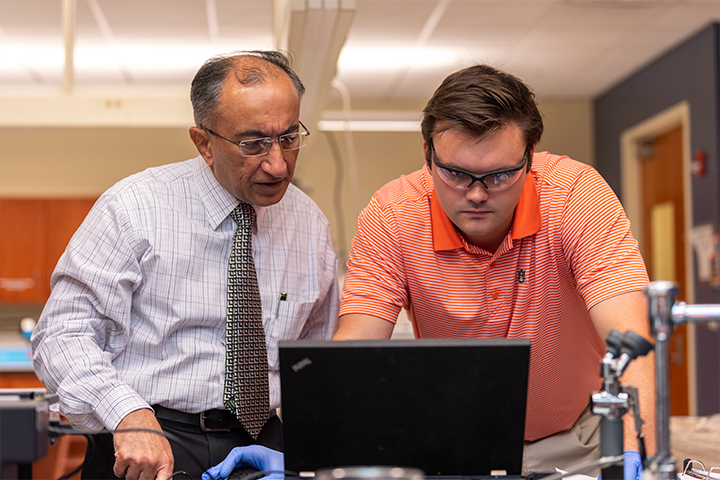
Following our vision to provide a dynamic faculty that exemplifies excellence in education, these individuals are what create the highest-quality education to our students. Our faculty constantly raise the bar for our students to be better in the classroom and industry. Because of our faculty, students are knowledgeable and prepared to enter the work force to meet tomorrow's engineering challenges.
Engineer Together
The Samuel Ginn College of Engineering strives to be a diverse community of students, faculty and staff and is committed to providing an environment in which all members of our college community feel welcome and valued. Engineer Together includes outreach activities for prospective K-12 students, scholarships, support for academic success and programs to help our college community learn how to create an inclusive environment. For more details on these and related activities, please visit our website.
History
The Samuel Ginn College of Engineering has a rich history at Auburn University. In 1872, the then-named Agricultural and Mechanical College of Alabama awarded its first degrees, including four bachelor's, two master's and one professional degree in civil engineering. Since that time, Auburn Engineering has become known for producing the nation's best and most innovative engineers. Since 1872, we have seen many milestones including:
-
1872Awarded first undergraduate bachelor's degree of engineering to B.H. Johnson
-
1908Named the College of Engineering with the inclusion of civil, electrical, mechanical and mining departments
-
1913Formed the Department of Chemical Engineering
-
1923Maria Rogan Whitson becomes first female graduate, earning a degree in electrical engineering
-
1930-1932The first courses in aeronautical engineering were offered and taught in the Department of Mechanical Engineering; name changed to the Department of Mechanical and Aeronautical Engineering
-
1945Now a school, Auburn Engineering is reorganized into five departments: aeronautical, civil, electrical, industrial and mechanical, and two management programs: aviation and industrial
-
1965Materials engineering becomes an official degree program
-
1984The Department of Computer Science and Software Engineering is established
-
1998Department of Agricultural Engineering, formed in 1919, changes name to Department of Biosystems Engineering to reflect its mission and scope
-
1999College offers the Southeast's first bachelor's and master's degrees in software engineering
-
2001College is renamed as the Samuel Ginn College of Engineering in honor of his vision and philanthropy
-
2002College offers the nation's first wireless engineering degree
-
2005-2011The Shelby Center for Engineering Technology is constructed, housing the Department of Industrial and Systems Engineering, the Department of Computer Science and Software Engineering, labs, classrooms and administrative areas
-
2016Construction begins on the Brown-Kopel Engineering Student Achievement Center which will house flexible classrooms, computer laboratories, study rooms, project incubators and more, to enhance the Auburn Engineering student experience
-
2019Brown-Kopel Engineering Student Achievement Center opens
-
2021Advanced Structural Engineering Laboratory opens
-
2022Auburn University Research and Innovation Campus opens in Huntsville
-
2022150th anniversary commemoration
Samuel Ginn
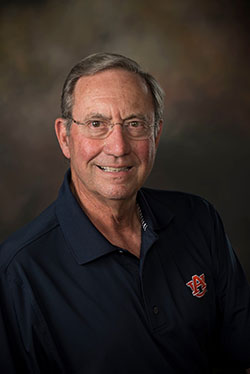
Samuel Ginn, a native of Anniston, Alabama, is a 1959 graduate of Auburn University's College of Engineering, and was awarded the institution's honorary doctorate in 1998. He was inducted into the State of Alabama Engineering Hall of Fame in 1992. Ginn also served on the university's board of trustees from 2005-2013.
Ginn has more than four decades of experience in the telecommunications industry. Following his service with the Army Signal Corps, he built a 27 year career with AT&T beginning as a student engineer in 1960. He rose through the ranks in management and operations, and in 1977 was appointed vice president of network operations for AT&T Long Lines.
After the Bell Systems breakup, Ginn joined Pacific Telephone in 1978 as vice president–Los Angeles, going on to serve as chairman and CEO of Pacific Telesis from 1988 until 1994. When he resigned, Ginn launched AirTouch, an early pioneer in the cellular industry that went public in 1994 with an IPO of $10 billion.
In 1999, the company was sold for $65 billion to Vodafone where Ginn assumed the position of chairman in the United Kingdom. During his tenure, Vodafone merged with Verizon to create Verizon Wireless, the largest wireless telecommunications network in the U.S. Ginn retired from Vodafone in 2000.
Ginn serves on the boards of the Franklin Templeton Fund and ICO Global Communications. His past corporate board memberships have included CH2M Hill, First Interstate Bank, Pacific Telesis Group, Safeway, Transamerica Corporation, Vodafone, AirTouch Communications, Chevron Corporation, Hewlett-Packard and the Fremont Group. He has also served as chairman of the California Business-Higher Education Forum, the California Business Roundtable and the Committee on Jobs, and is an overseer at the Hoover Institute in Palo Alto, as well as a Sloan fellow at Stanford University's School of Business.
An investor and advisor to several start-up companies in telecommunications, Ginn is the namesake for the Samuel Ginn College of Engineering at Auburn University. He has served as the impetus behind the wireless engineering degree program at Auburn and continues his involvement with the institution through its wireless advisory board. As part of its philanthropic activities, the Ginn Family Foundation supports merit scholarships within the college. Married to Ann Vance Ginn, they have three children and six grandchildren.
Samuel Ginn College of Engineering Awards
Each year, we recognize outstanding faculty and students who are making a difference in our college through our awards program. From scholarship to research opportunities Auburn Engineering is proud to recognize and aid individuals who represent our vision of being the best student-centered engineering experience in America.


